Tag
#FAW-Volkswagen
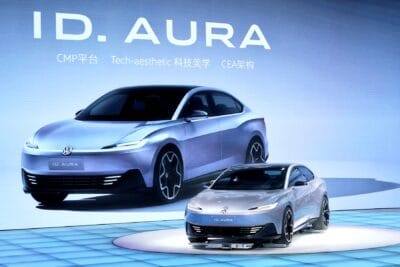
FAW-Volkswagen plans to build two CMP-based electric cars in Tianjin from 2027
05.06.2025
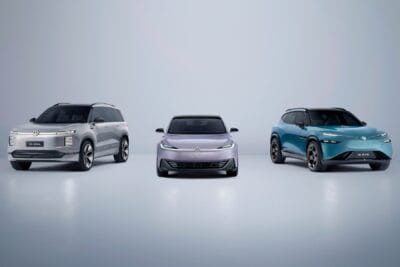
VW presents outlook on product offensive in China
22.04.2025
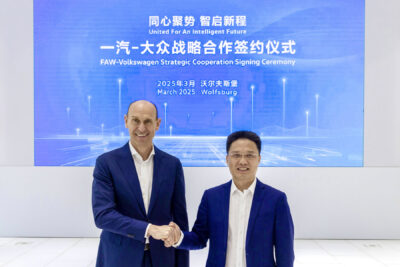
FAW-Volkswagen to launch an electric offensive in China
17.03.2025
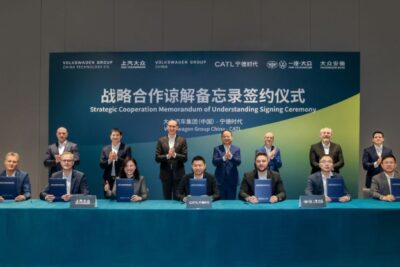
VW China seeks alliance with battery giant CATL
21.02.2025
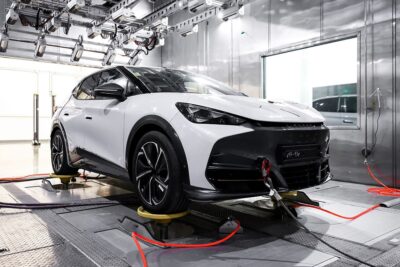
VW platform for China to be MEB-based
27.11.2023
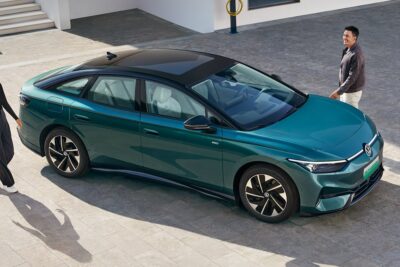
VW launches pre-sales of the ID.7 in China
23.11.2023
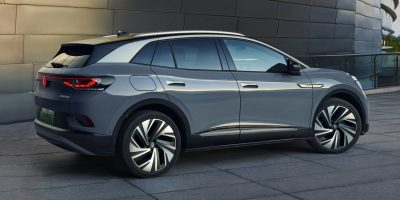
FAW-VW lowers ID.4 prices in China
05.09.2023
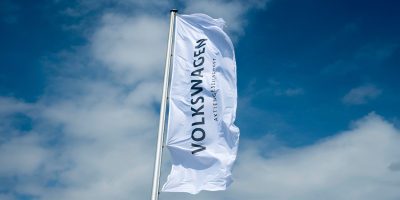
VW announces changes on the management level
14.07.2023
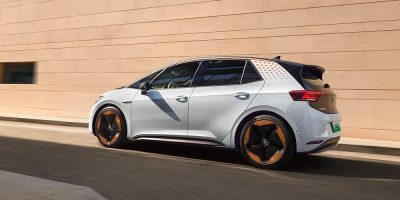
VW slashes ID.3 prices in China
10.07.2023
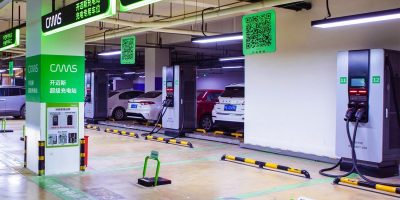
Volkswagen invests in CAMS charging network in China
04.07.2023
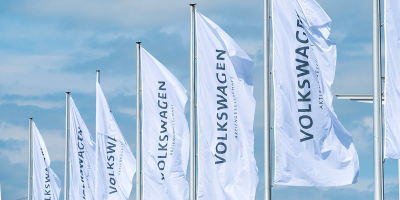
Volkswagen launches ‘100%TechCo’ to focus on China
18.04.2023
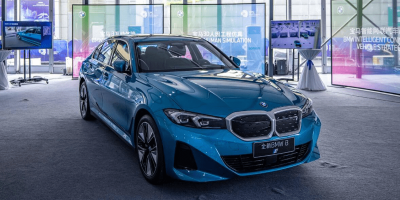
VW and BMW join price war in China
13.03.2023
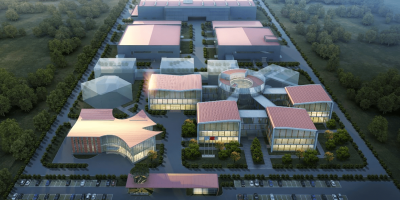
VW to expand influence in Chinese joint ventures
14.09.2021
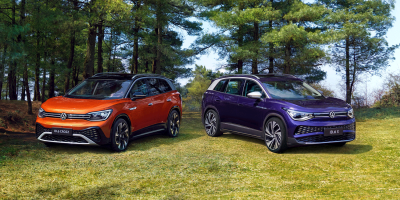
FAW-VW launches electric SUV ID.6 Crozz in China
21.07.2021
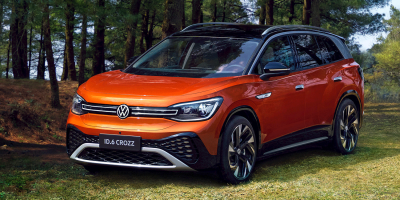
Volkswagen presents the ID.6 for China
19.04.2021
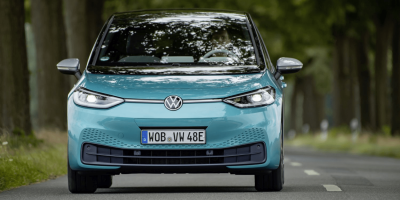
Volkswagen ID.3 looking to launch in China this year
30.03.2021
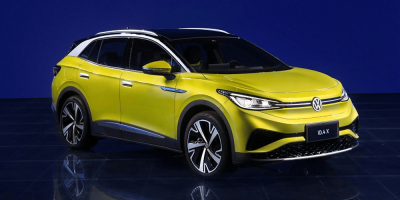
SAIC-VW’s ID.4 celebrates Chinese market debut
29.03.2021

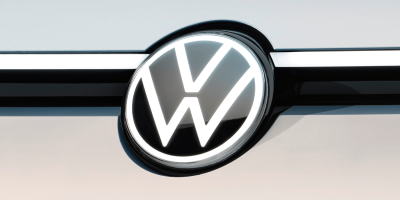
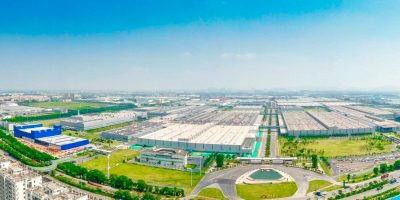
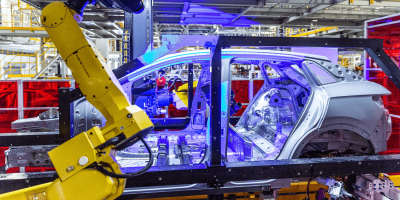
Last commented